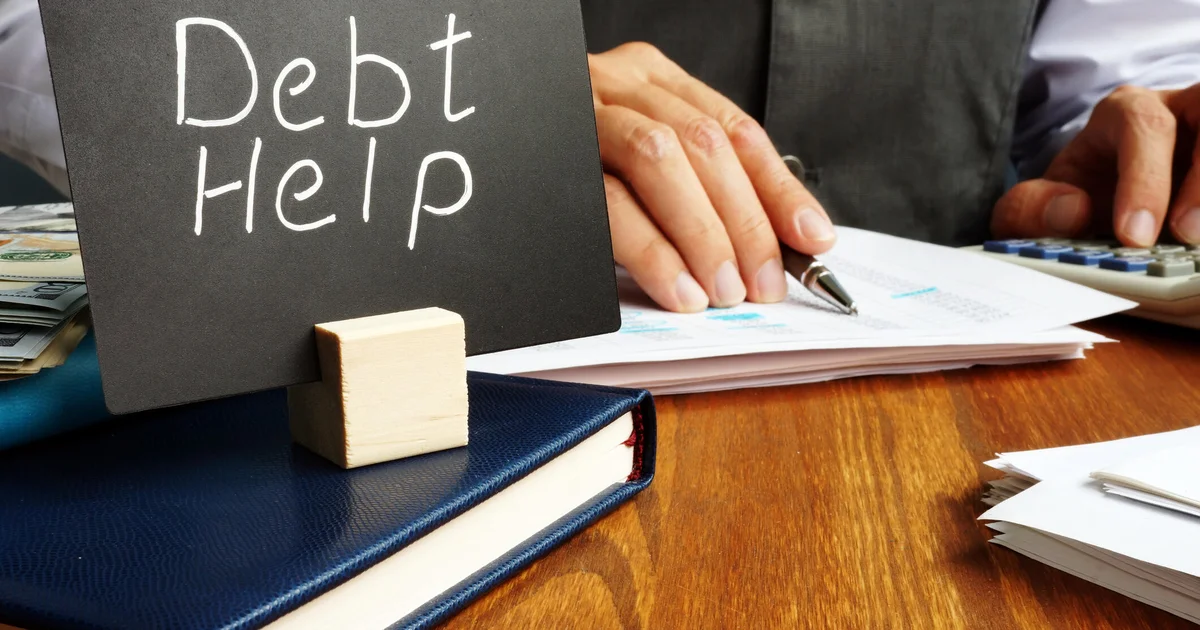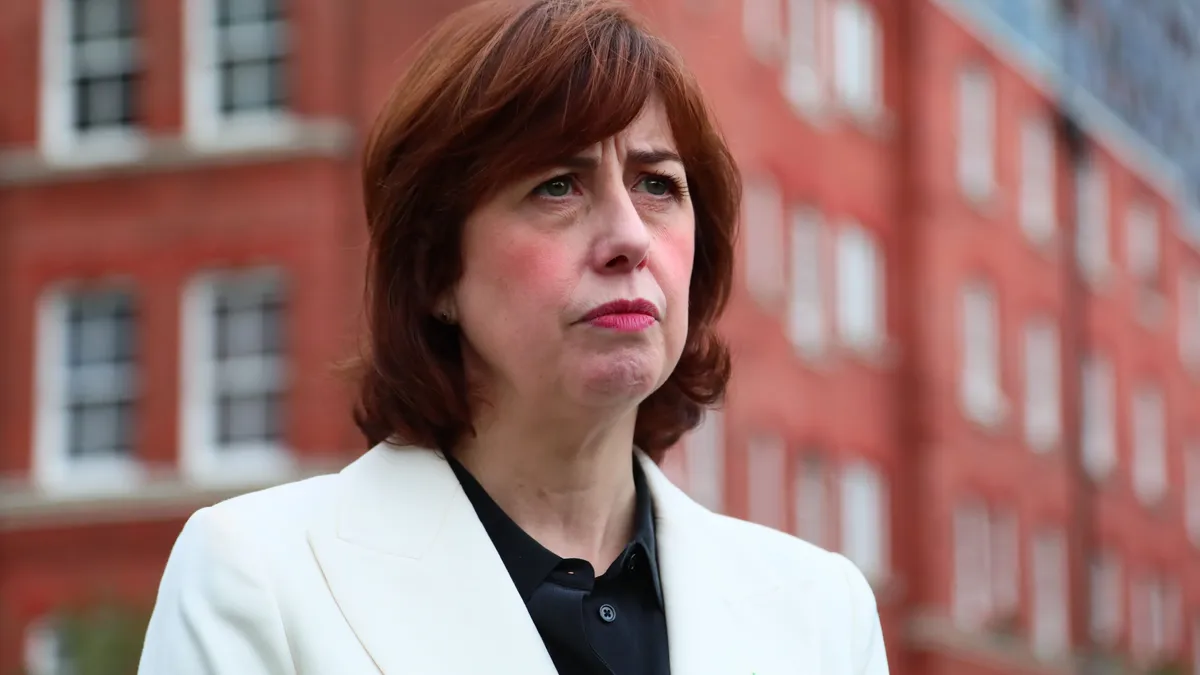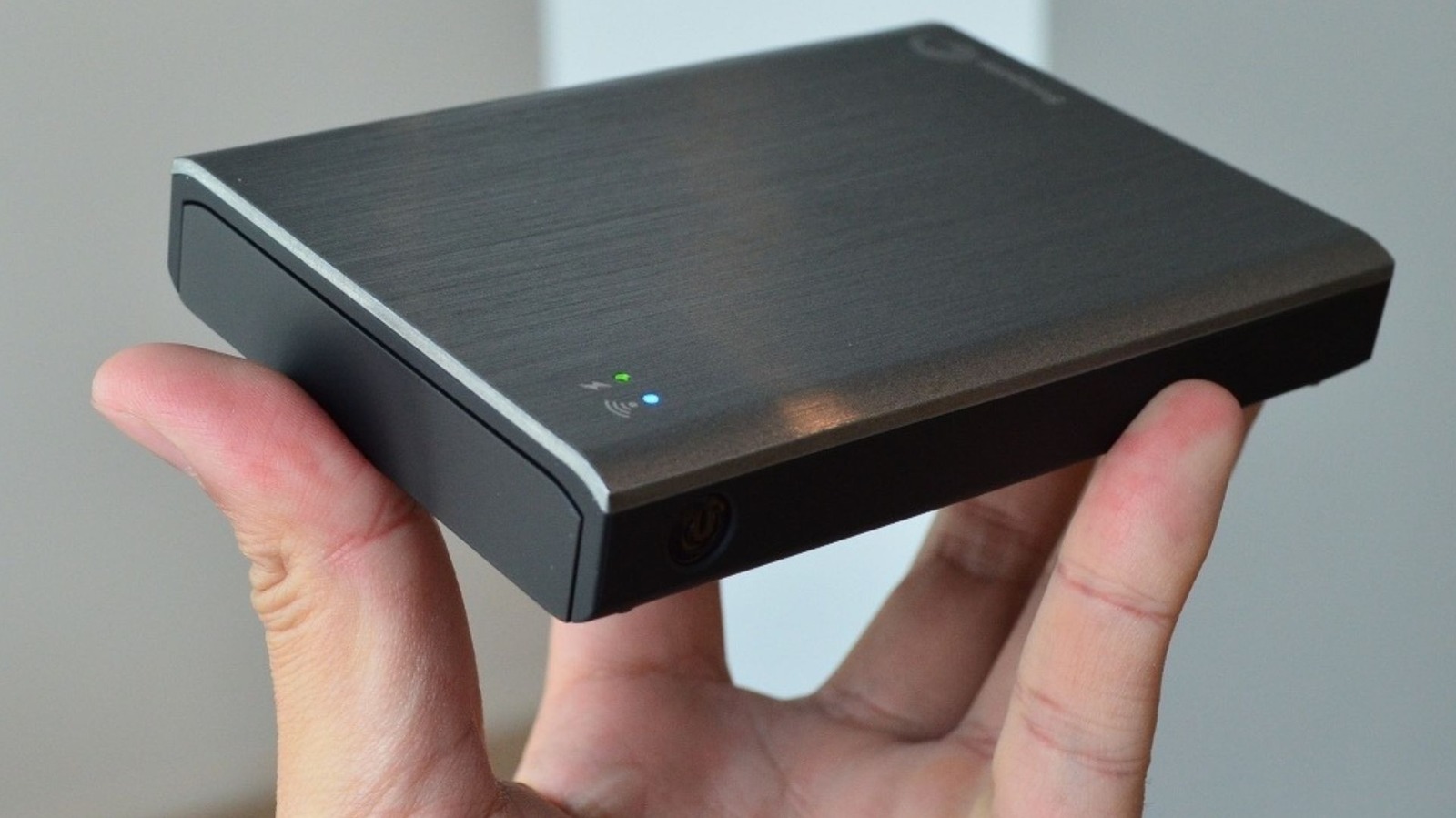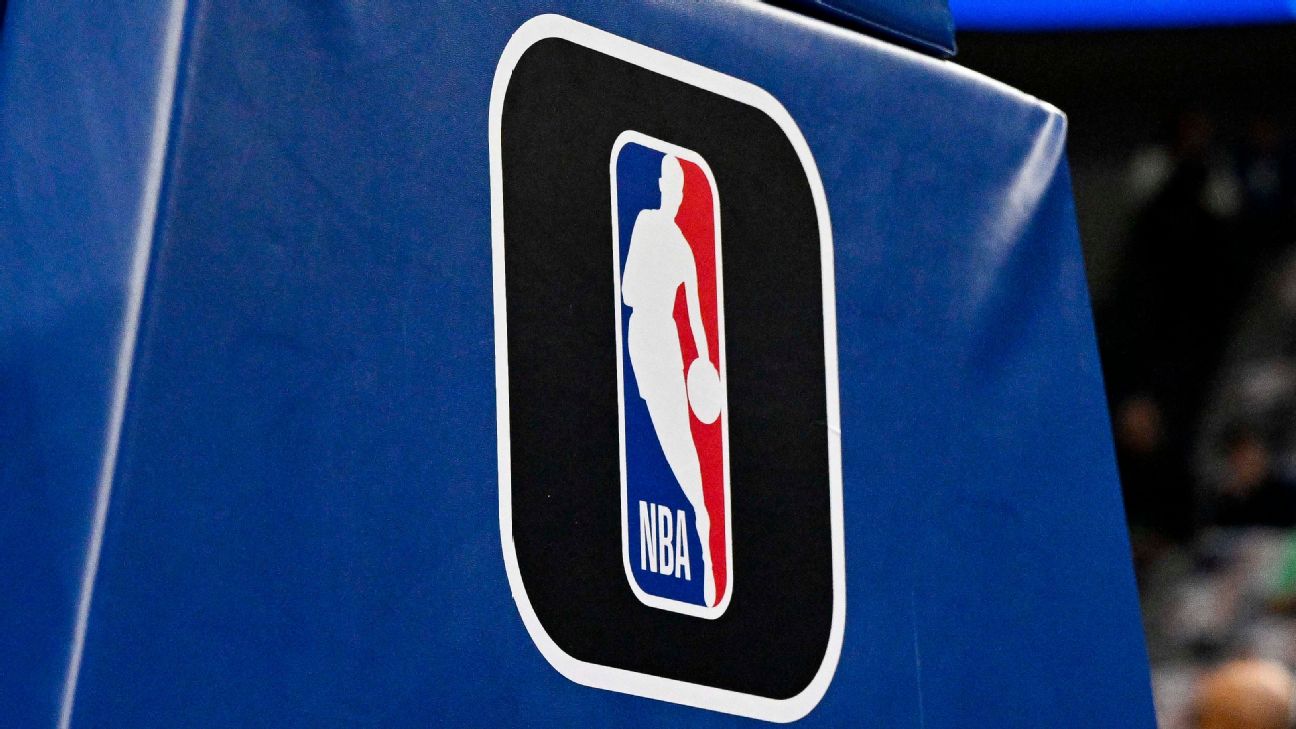Copyright CBS News

The weight of carrying debt month after month can be extremely heavy, and, over time, it can have a real impact on your financial health. Whether it's from medical bills that piled up after an unexpected hospital stay, student loans that have followed you for decades or credit card balances that spiraled out of control, being underwater financially affects every aspect of your life. But if you're facing these types of issues right now, you're certainly not alone in this struggle. Between the high-rate landscape, ongoing inflation issues and the other economic issues that are looming, millions of Americans are drowning in debt and searching for a way to breathe again. For some, that might mean negotiating a lower payoff or enrolling in a structured repayment plan. In rare cases, though, you may be able to have your debt canceled altogether, meaning you're no longer legally obligated to pay it. While that kind of financial fresh start isn't easy to secure — most creditors won't simply forgive what you owe without reason — there are certain approaches you can use that may lead to partial or total debt cancellation. And, that's particularly true when repayment is impossible due to hardship or other specific conditions. But before you pursue this type of relief, it's important to understand what debt cancellation really is, how it works and who qualifies for it. That way, you can decide whether it's a realistic option for your financial situation or whether other forms of debt relief make more sense. Compare your options and find the right debt relief strategy now. What is debt cancellation and how does it work? Debt cancellation, also known as debt forgiveness or debt discharge, is exactly what it sounds like: the elimination of some or all of what you owe. When your debt is canceled, you're no longer legally obligated to repay it. The creditor or lender writes off the balance, and you walk away without that financial burden. But what many people don't realize is that debt cancellation rarely happens spontaneously. It typically comes through specific programs, legal proceedings or negotiations. Student loan forgiveness programs, for instance, cancel federal education debt after you've made qualifying payments or worked in certain public service jobs for a set period. Medical debt might be canceled by hospitals through charity care programs for patients who can't afford their bills. And, credit card debt could be forgiven through debt settlement negotiations, where you pay a lump sum that's less than what you owe. Bankruptcy is perhaps the most comprehensive form of debt cancellation, though. When you file for Chapter 7 bankruptcy, many unsecured debts, including credit cards, medical bills and personal loans, can be completely discharged. Chapter 13 bankruptcy works by creating a repayment plan, and whatever qualifying debt remains after you complete the plan may be forgiven. Learn how you can get rid of your debt and get your finances back on track. Who qualifies to have their debt cancelled? Whether or not you qualify for debt cancellation depends entirely on the type of debt and the relief program you're considering. There are no universal qualification requirements, which is why many people who could benefit from these programs never access them. They simply don't know they may qualify. When it comes to student loans, federal forgiveness programs typically require you to work full-time for a qualifying government or nonprofit employer while making a certain number of qualifying monthly payments. Income-driven repayment plans forgive remaining federal student loan balances after 20 or 25 years of payments, and teachers, nurses and other professionals may also qualify for specialized forgiveness programs based on their occupation and where they work. Medical debt cancellation, on the other hand, typically requires demonstrating financial hardship. Hospitals and healthcare providers often have charity care policies for patients earning below a certain percentage of the federal poverty level. You'll need to provide documentation of your income and assets to prove you can't afford the bills. Credit card debt settlement usually requires you to be significantly behind on payments, as creditors are more willing to negotiate when they believe you might file for bankruptcy otherwise. The debt relief companies that offer settlement programs may have other requirements you'll need to meet, like having at least $7,500 worth of unsecured debt, though those requirements can vary. Bankruptcy qualification depends on your income, expenses and types of debt. For Chapter 7, you'll need to pass a means test showing your income is below your state's median or that your expenses leave you unable to repay debts. And, Chapter 13 has debt limits while requiring you to have enough income to fund a repayment plan. The bottom line Debt cancellation can offer genuine relief for people struggling under the weight of unmanageable debt, but it's not a universal solution or an easy way out. Each type of debt cancellation has specific requirements, consequences and processes, and understanding what you may qualify for requires research, documentation and, in many cases, professional guidance. If you're drowning in debt, though, don't suffer in silence. Explore your options, ask questions and take action toward the relief that might be available to you.



